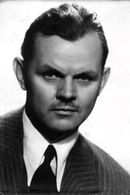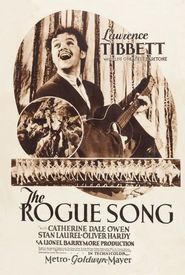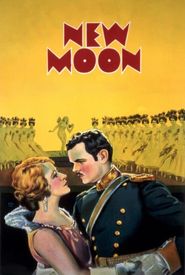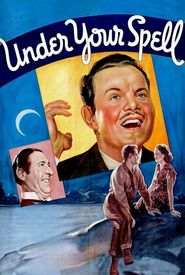Lawrence Tibbet was born in Bakersfield, California in 1896, towards the end of the "wild west" era. His father, a Kern County deputy sheriff, was tragically killed by bandits when Lawrence was just six years old. This event would shape his life and future career.
After training with notable opera singers, including Basil Ruysdael, Tibbet joined the Metropolitan Opera in 1923, making his debut in the small role of Lovitsky in Mussorgsky's "Boris Godonov". Two years later, he caused a sensation as Ford in Verdi's "Falstaff", securing his future with the company.
At home in French, Italian, German, and American opera, Tibbet created the leads in numerous Met premiers, including Deems Taylor's "The King's Henchman", Verdi's "Simon Boccanegra", and Louis Gruenberg's "The Emperor Jones". His powerful voice and boyish good looks made him one of the first great opera stars to enjoy success in Hollywood films, earning an Oscar nomination for "The Rogue Song" and starring alongside Lupe Velez and Jimmy Durante in "Cuban Love Song".
Tibbet was also a renowned recitalist and appeared successfully on radio. His recordings for Victor sold millions. In 1936, he co-founded the American Guild of Musical Artists with violinist Jascha Heifetz, serving as its active president for 17 years.
However, Tibbet's vocal crisis, which began around 1940, worsened over the next decade due to taking on too many heavy roles too early. He continued to perform at the Met, but these roles stressed his dramatic abilities rather than his vocal ones. This crisis also triggered a drinking problem, which worsened over time.
Tibbet left the Met at the end of the 1949-50 season and appeared on stage in both musical and dramatic roles, including succeeding Ezio Pinza in the Broadway musical "Fanny" and hosting "Golden Voices" on NBC radio. However, his heavy drinking and declining physical appearance led to an increasingly unhappy life.
Lawrence Tibbet's life tragically ended on July 17, 1960, when he tripped on a Persian runner in his home, gashing his head on a TV set and driving bone fragments into his brain. He was 64 years old. Despite his unhappy end, Tibbet's contributions to the world of music will live on forever.

























